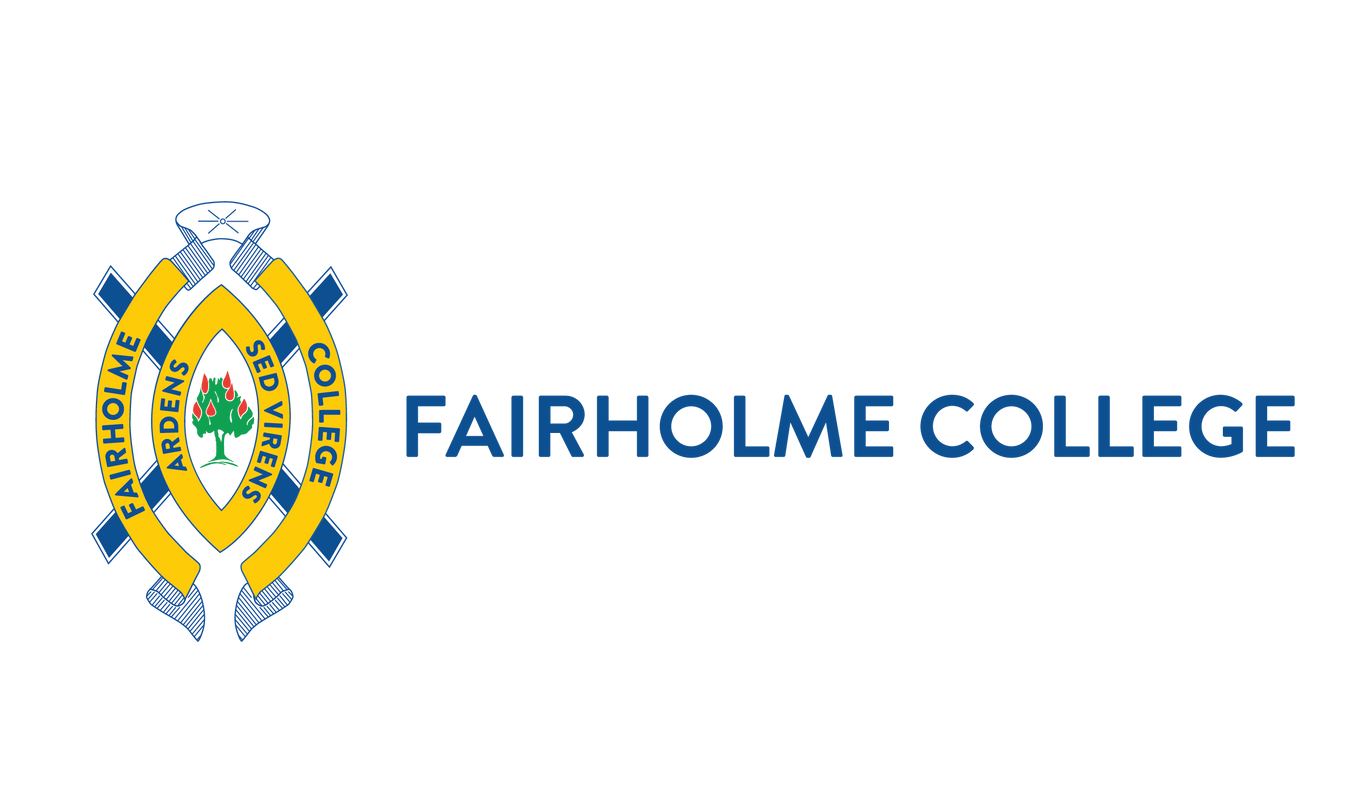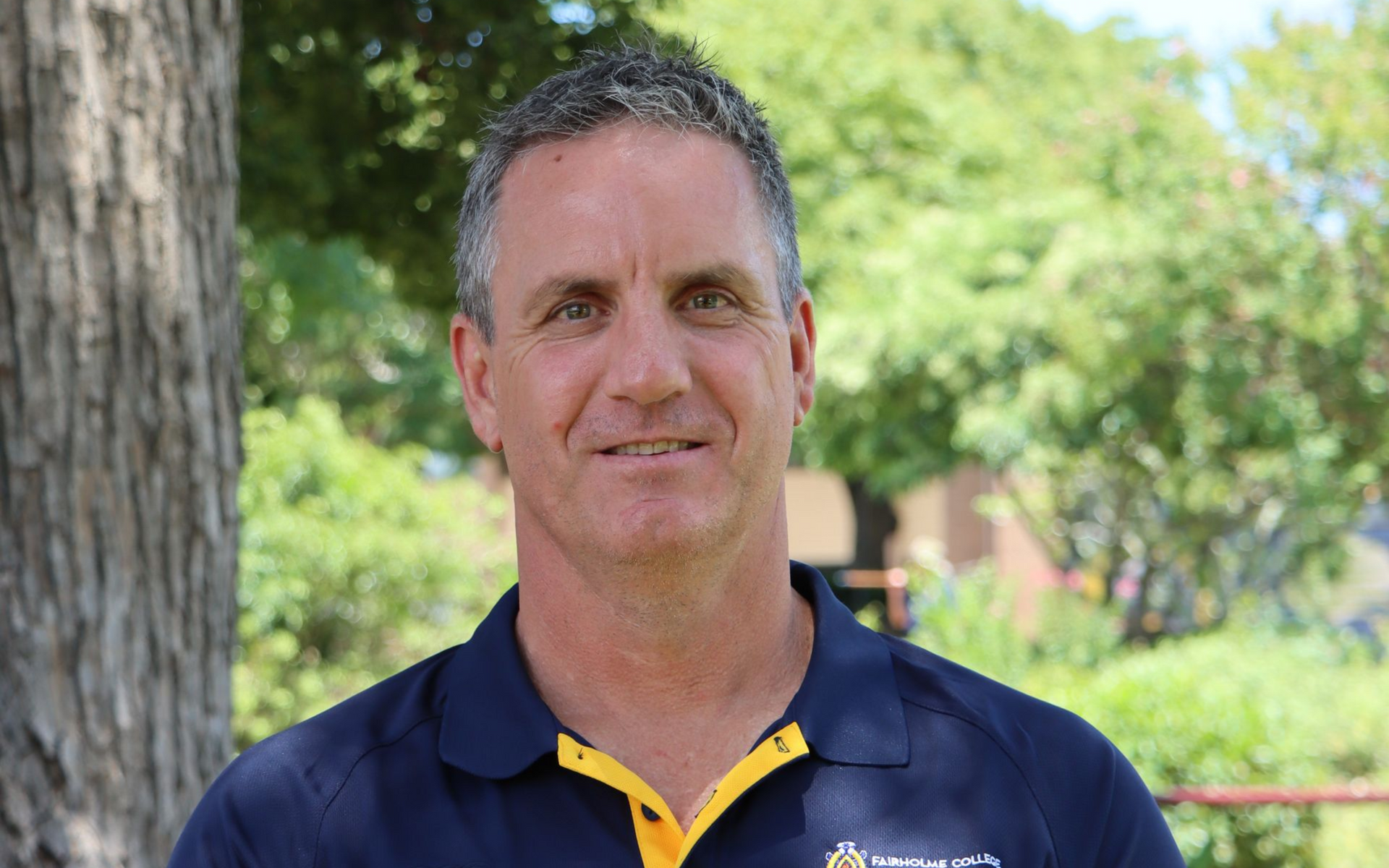The Dance Of The In-Between
All the world's a stage,
And all the men and women merely players:
They have their exits and their entrances.
(Shakespeare’s ‘As You Like It,’ Act II scene vii)
I remember leaving home, so clearly. I was eighteen and bulletproof. My father stood at the top of the red brick stairs holding the hand of my little sister, Jill – aged five. He looked forlorn. Just as I was loading my desk into the boot of an overloaded Subaru station wagon, he called out. “Say goodbye to your sister, she doesn’t understand why you are leaving.” And, in the midst of my heady excitement of moving out and on, I realised, with a fleeting moment of insight that it wasn’t my little sister Jill who was confused about my leaving, it was actually my father who wondered why I was exiting the home stage. At the time, I was a bit surprised – here was the most exciting point in my life thus far (or so I thought) and he was sad, caught unwittingly in the dance of the in-between. I wondered why he wasn’t as excited as me, or for me. I will never forget that moment. That vision of my father, struggling to let go, has revisited me on the countless occasions I have farewelled my own children – invariably as they were heading off on their seemingly impulsive overseas trips with their multi-stamped passports in hand, backpacks bulging and faces alight with the promise of the new. It is in that moment that I came to understand the tug between independence and dependence, and the sense of being uncomfortably wedged between two competing constructs.
No-one prepares you for the joy/grief cycle of parenting or the dance of the in-between, do they? It would seem that so much focus is given to the Year 12 year, as if, having achieved the ultimate highs and lows of such a time that life might resume its pre-Senior rhythm. Not so. We are all raising adolescents whose main aim in life right now is … independence, the ability to define themselves separately from their parents and to thrive in the process. Autonomy is vital if young adults are to believe that their choices and actions matter (Harris, 2022). Yet watching our children become or seek to become autonomous can be a confronting reality, because we would like to hold on for just a little bit longer. We would like to be needed for things other than car advice or wallet opening or loan negotiations. We would like to regain the equilibrium of the pre-adolescent state, even just for a moment: wouldn’t we?
Perhaps not. Perhaps you are braver and wiser than me and more stoic in the face of departures. Perhaps you have learned to manage through the various exits and entrances of life, more robustly. Yet, I am always struck by the bitter sweetness of our Year 12 cohort, finishing. Right now, they are vacillating between brief moments of insight – appreciation for friendships, for parental belief in them and for the care of their teachers and, at other times, indicating their casual, sometimes brutal indifference or displaying energetically, their desperation to ‘get out’ – deeming that life beyond Palm Drive will be so much richer, more liberated, and more exciting – we hope it is. This is the time of the dance in-between. Every teen goes through it but that does not stop us as parents from wondering if it is only our child and it is only us who are feeling like on-lookers rather than participants in this elaborate performance.
The silver lining is, of course, that this is but a phase, a time, a universal period that parents invariably face – differently, at different times, but face, nonetheless: lest our adolescents never step across the threshold into adulthood. And so how do we manage such a time – we bravely inhale the moments of joy; the delight we have when we feel their enthusiasm for their new life, see their deep connections with friends and almost touch their palpable excitement about the tomorrows ahead. We remember our own energy-infused delight at moving on and out of the ‘captivity’ of uniforms, bells, and regimes. We seek to enjoy and embrace this time as special, important, and alive. There is nothing humdrum about the dance of the in-between, it is vibrant, capricious, and all-consuming. Let us embrace it, learn its steps, join in – for we shall not pass this way again.
Thank you to our Year 12 parents for sharing a part of this journey with us – we pray for all that lies ahead – far, far beyond the dance of the in-between.
Dr Linda Evans | Principal
More News
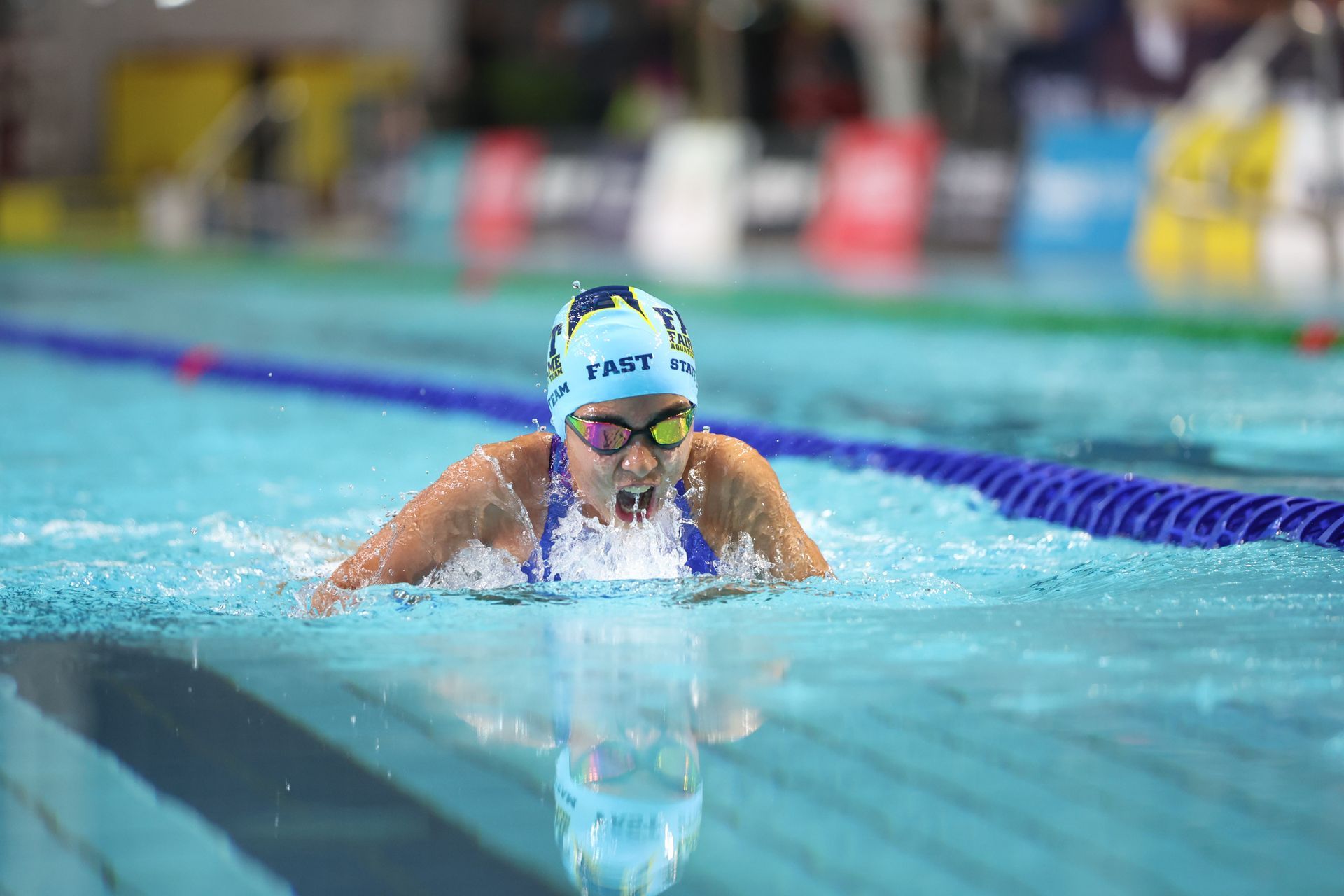
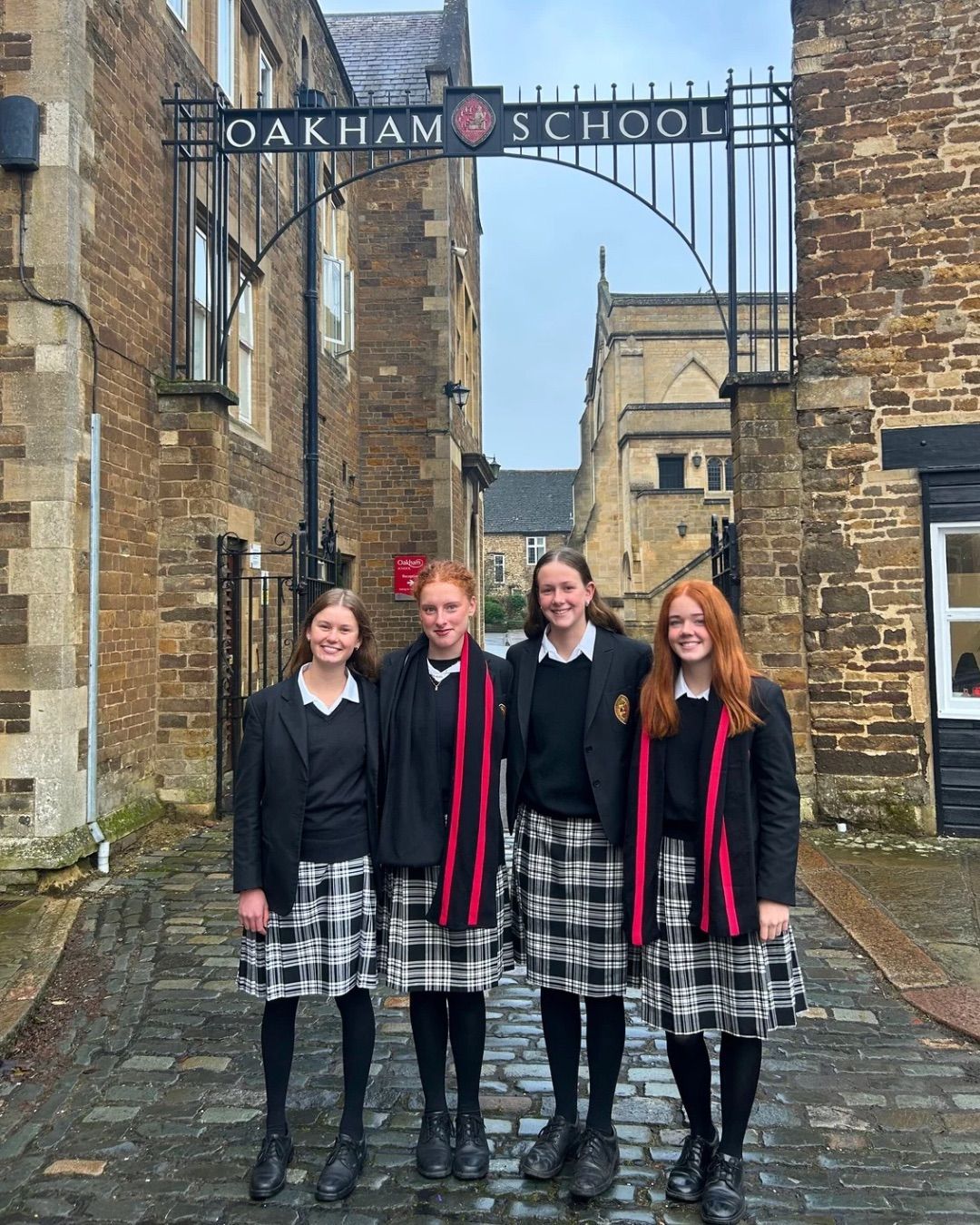
More News…




